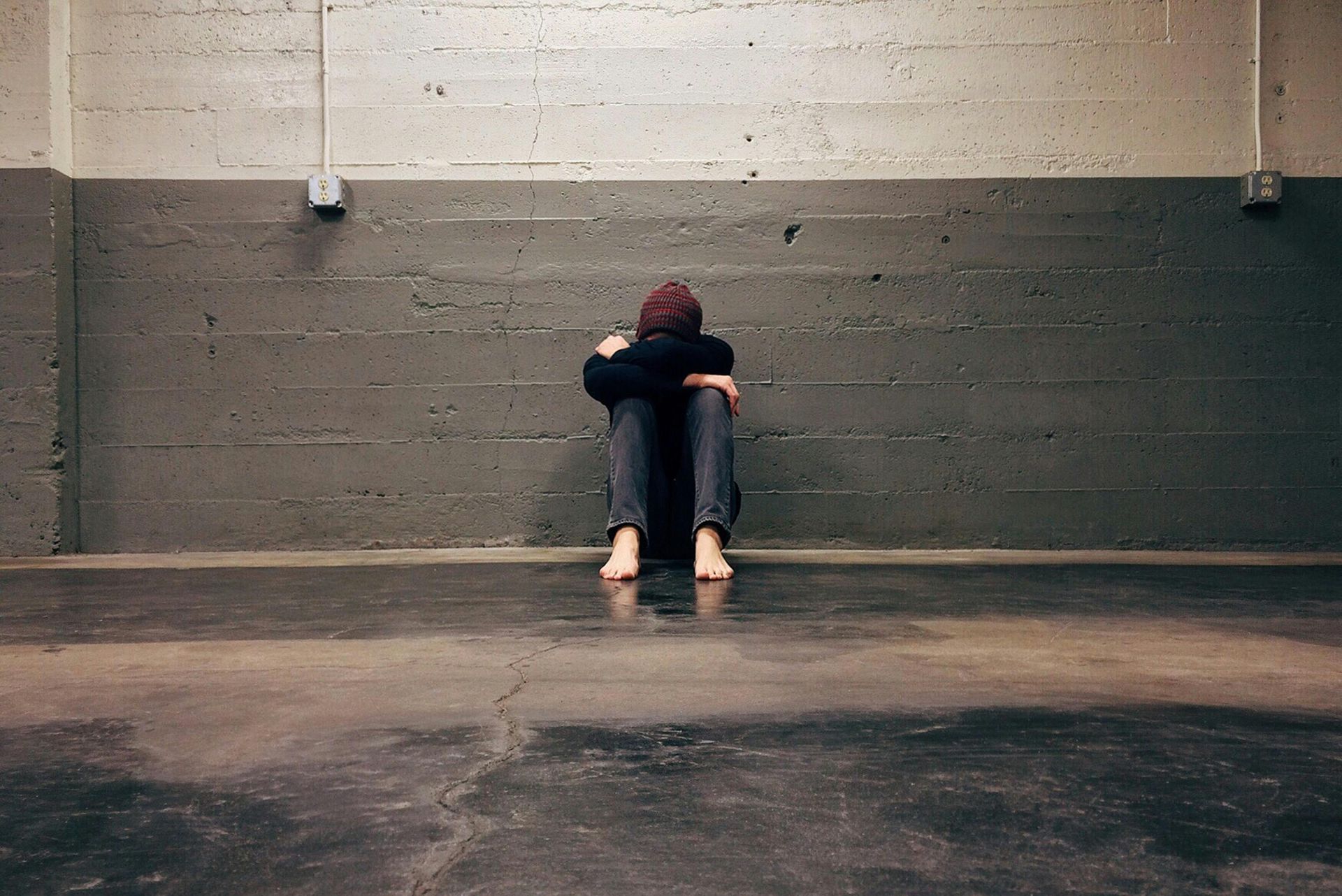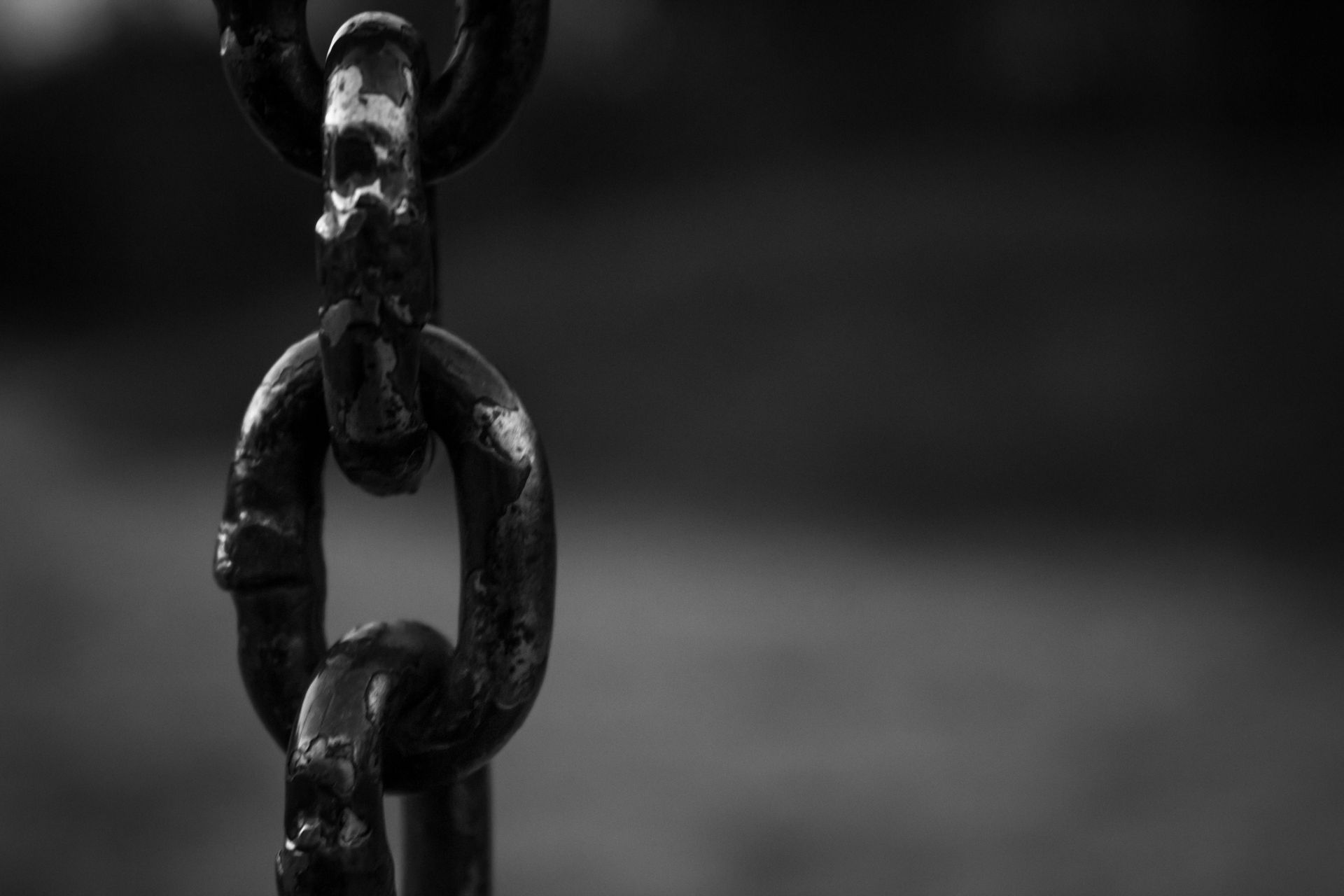Blogs
Read our latest news and industry insights.
Francois le Clus

Have you ever stopped to ask yourself: What will I actually do every day when I retire? It sounds like such a simple question, yet very few people think about it in a practical way. You might have a plan for your finances, but have you thought about your time? Will your days be filled with purpose and activity—or will you find yourself just sitting around, wondering what to do next? From my experience working with retired clients, people tend to go one of two ways: they either become passive or they stay active and engaged. When you first retire, the main concern is usually financial. Will my money last for the rest of my life? But after a few months, that anxiety often fades, and a new question emerges: What is my purpose now? I recently read a remarkable book by Bob Buford called Halftime. Buford was extremely successful financially, but tragedy struck when he lost his son. That loss made him reflect deeply on what truly mattered in life. He realized that while money is important, purpose is what gives life meaning. Buford explains this through the Sigmoid Curve : Curve 1 represents the first part of your life—learning, growing, and mastering your craft. This typically takes you up to around age 50, when you might feel like you’ve reached a plateau or are just coasting toward retirement. Curve 2 is the next chapter—when your focus shifts from inward to outward, from success to significance. This is where you find fulfillment by contributing, giving back, and making a difference in your community. The retirees who thrive the most aren’t the ones who just relax all day. They’re the ones who stay involved, serve others, and wake up each morning with a sense of purpose. A Final Thought The Bible tells us that Abraham had his first child at the age of 100, and his wife Sarah was 90. That story reminds us that no matter your age, there’s still a promise and a purpose over your life. You still have something valuable to give. So as you plan your retirement, don’t just think about your finances—think about your purpose. Don’t be passive. Be active. Be intentional. Live with purpose.

The date was 26 October 2007 and the S&P 500 index was gaining some momentum after a couple of years of sluggish growth. The index was at $1535. The housing crisis hit, and the index fell off a cliff. On the 31 st of January 2020, the world started panicking because the corona virus started spreading like wildfire. On the 10 th Dec 2021 markets started getting shaky with the rumours of a Russian-Ukraine invasion. All these events had a big impact on the S&P 500 index, some more than others. Markets took close to 6 years to recover from the housing crisis. It took close to two and a half years to recover from the Covid crisis and a year and a half to recover from the impact of the Russian-Ukraine invasion. What was the pleasure from holding on to your investment? If you invested 2007, your return is 315%. If you invested in 2020, your return is 97% If you invested in 2021, your return today is 35%. These investments assume that you were unlucky enough to have invested at the top of the index and right before the decline. Always remember this. One cannot time the market, but given time, your investment will generate returns. It is up to you how much you can stomach. Don’t wait for markets to recover before you invest, as the opportunities present themselves during times of unrest and uncertainty.

Should you withdraw your Pension and pay off your home? It's perfectly normal to ask whether you should use your pension to pay off your home when leaving an employer. This decision involves weighing the tax on the withdrawal, the interest saved on your bond, the future growth of your pension fund, and the contributions needed to catch up. Example: Anne is 40 years old with a pension fund worth R3,500,000. She bought a home 10 years ago for R3,000,000 and bonded it over 20 years at an 11% interest rate, with monthly repayments of R30,965. After 10 years, her outstanding bond is R2,258,225. If she withdraws her pension, she’ll receive R2,408,300 after tax—enough to settle the bond and have some cash left over. By paying off the bond early: She saves R1,467,919 in interest. She frees up R30,965 in monthly cash flow. However, if she keeps the money invested, her pension could grow to R37,921,470 by age 65 (assuming 10% annual growth). To match this value after using her pension to pay off the bond, she’d need to invest R28,580 per month for the next 25 years. That’s R2,385 less than her current bond repayment, so she does save monthly—but only for the next 10 years. After that, she’s committed to investing R28,580/month for 25 years to break even. Not everyone’s calculation is the same and there are endless amounts of permutations to this calculation, but it’s important to note that you need to consider all of these factors when making these crucial decisions.

Have you ever thought about how small changes can make a huge difference in your life? Small changes feel as if it doesn’t have a profound impact on your life at the start, but over a long period of time these small changes have a way of making a huge difference over an extended period of time. The problem is that we become despondent, and we give up because we don’t see the results we were hoping for right now. The same goes for investing. A lot of us start with an investment, and then after a year or so we give up because we don’t see the growth we were hoping for. This is a behavioral trap we fall into because we don’t see the big picture. Would you rather save R 1581 or R 13 168 to achieve the same goal? This may seem like a very odd question, obviously you would want to save R 1581. The big kicker is, you will need to start sooner. Let’s say Ben and Andy both have the same goal of reaching R 10 million at the age of 60. Ben started investing at the young age of 20. Andy started investing at age 40. Both investors invest in the exact same fund and both of them receive 10% growth on their investments. Ben will only need to invest R 1581 p/m, whereas Andy will need to invest R 13 168 p/m. Start small, start early,and let the miracle of compounding do it’s thing.

There will always be a price to pay when you want something. With most things in life, you will pay a monetary fee for the things you want or need. If you want returns from your investments, you will need to pay a psychological fee. You will need patience, perseverance, grit and determination to enjoy the fruits of your investments. The S&P500 delivered returns of 678% since 1996. When you look back at it you may think it was easy to make the returns, all you had to do was hold on to your investment. If you invested early 2000, you would’ve had to wait more than 13 years for your capital to return to it’s initial level. My patience has never been tested for 13 years, but I tip my cap to whoever held onto their investment for this long. The good news is that this person would’ve enjoyed an average return of over 20% each year. If you invested just before covid hit in 2020, you would now have enjoyed returns of over 70%. The big kicker is that your fund would have lost more than 30% of it’s value in 4 months. You needed to stay extremely calm during this time because everyone thought that the world was going to end.

The past four years taught us how quickly an epidemic can disrupt the world—and how resilient life can be as things eventually return to normal. Financial markets reminded us of their temporary nature, and emotional reactions often led to regret. For instance, if you disinvested during the market downturn, you likely missed out on the rebound. Similarly, if you splurged on a new home or car, you might now feel the sting of higher repayments. During the pandemic, South Africa's prime interest rate dropped to 7.25%. However, inflation surged over the next two years, pushing rates to a peak of 11.75%, with today's rate at 11.25%. The impact on debt was significant: A R3 million home bought at 7.25% had monthly repayments of R23,711.28. At 11.75%, that jumped to R32,511.21. A R1 million car financed at prime +1% over 60 months went from R20,396/month to R22,625/month today. These challenges highlighted the need to plan for worst-case scenarios, not just best-case ones. Building flexibility into budgets is essential to handle rising interest rates. Another key takeaway was the importance of staying invested during market turmoil. For example, the S&P 500, FTSE 100, and JSE Top 40 saw sharp declines in early 2020 due to COVID-19 but rebounded significantly within six months. Those who panicked and moved to money market funds likely missed out on substantial growth.

Buy-and-sell agreements. Protecting your business interests. If you’re running a business with partners, having a buy-and-sell agreement in place is crucial. But why, you may ask? The answer is pretty straightforward. Here’s the deal: When you pass away, your shares in the company become part of your estate or transfer to your business partner as per your shareholder’s agreement. If there’s no clear plan in place, those shares end up in your estate, to be distributed according to your will. Enter the buy-and-sell agreement – your solution to these issues. This agreement is backed by life insurance policies on each partner’s life, ensuring enough cash to cover the purchase price. Simultaneously, the agreement establishes the obligation to sell the deceased partner’s shares and the obligation for the surviving partner to buy them. Now, let’s talk about the risks: Insufficient cash: The remaining owners might not have enough cash to buy the deceased partner’s business interests. Uncertain fair price: Heirs might not be guaranteed a fair price for the business interests, potentially leading to a forced sale. Ownership complications: The remaining owners might face unclear ownership, dealing with heirs or delays in estate settlement. Business capital drain: Funding the purchase could drain the business’s capital, jeopardizing its continuity. On the flip side, the benefits are significant: Business continuity: The business keeps going without outside interference. Smooth transition: Funds are available for a timely conclusion of the transaction. For dependents or beneficiaries, the advantages are: Inherited capital: They receive a capital amount instead of dealing with a business they may not know. Financial security: The received capital can replace lost income and contribute to overall estate planning. Now, let’s consider the importance of a shareholder’s agreement: This agreement, entered into during the partners’ lifetimes, governs their relationship and outlines what happens to shares in the event of death or retirement. Without it, shares become part of the deceased partner’s estate. And remember, getting the structure right is essential to qualifying for estate duty exemption. The Estate Duty Act provides exemptions if specific conditions are met. In conclusion, a buy-and-sell agreement is vital for protecting interests and ensuring the intended transaction occurs. Without it, disputes can end in costly and time-consuming court battles, benefiting no one, especially not the deceased owner’s beneficiaries.


